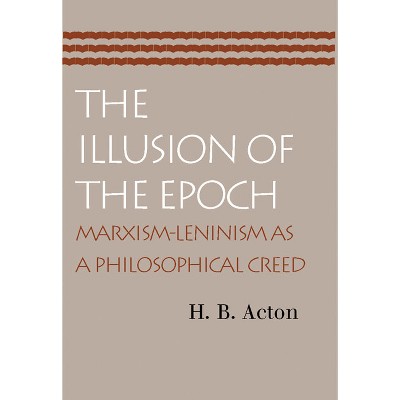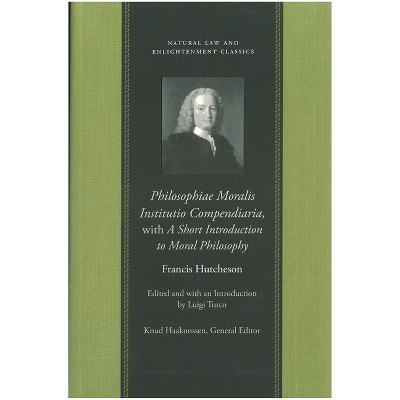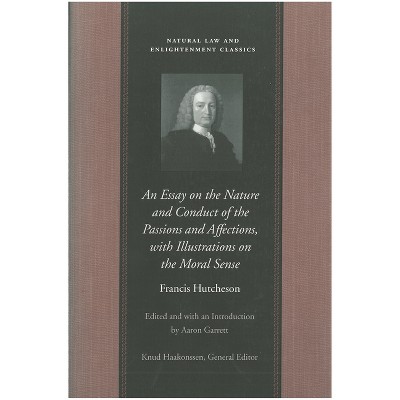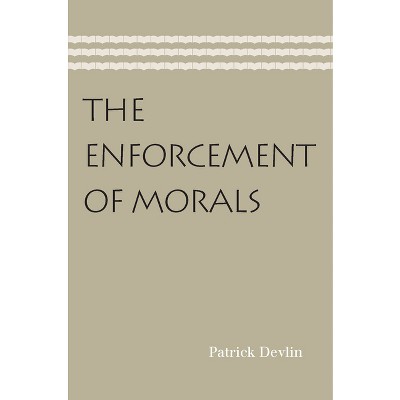About this item
Highlights
- With The Moral Foundation of Democracy, John H. Hallowell makes a significant argument in favor of the importance of moral values in the orderly functioning of modern democracies.
- Author(s): John H Hallowell
- 138 Pages
- Political Science, Political Ideologies
Description
Book Synopsis
With The Moral Foundation of Democracy, John H. Hallowell makes a significant argument in favor of the importance of moral values in the orderly functioning of modern democracies. Hallowell argues that developments in recent democratic thought have eroded the very "faith" upon which democracy rests, namely, that man is a reasonable, moral, and spiritual actor. He sharply criticizes positivist thought and moral relativism as direct challenges to the notion that transcendent truths guide individuals in their actions and influence how people participate in a democratic society.
John H. Hallowell taught political science for forty years at Duke University and was chair of the department from 1964 to 1971. He died in 1991.
Review Quotes
The Moral Foundation of Democracy is a cogent defense of American-style democracy and of the classical theories that have helped to produce and preserve it. Hallowell's defense of moral order and human rational capacity is as necessary as a corrective against the excesses of modern relativism and skepticism and their deleterious effects as when it was first published in 1954. . . . Liberty Fund's on-going enterprise of reproducing classic texts concerning freedom deserves praise. The struggle for liberty is one that must be waged anew by each generation. The writings of past advocates of freedom, however contradictory in some respects, can provide valuable armaments for today's advocates and, perhaps more importantly, can serve to remind those inclined to take for granted the blessings of liberty of the continuing importance of the struggle.
International Journal of the Classical Tradition
March 2009
The Moral Foundation of Democracy by the late academician John H. Hallowell (1913-1991) who taught with distinction for some 40 years on the faculty at Duke University is an extended treatise in which he defines the concept of freedom and describes the basic and essential framework of democracy. Professor Hallowell goes on to persuasively argue that governments must be designed in ways that acknowledge and deal with the vagaries of human nature and morality. Presenting a definitive criticism of positivist thought and moral relativism, Professor Hallowell emphasizes the uniqueness and sanctity of the individual human being and the paramount importance of the transcendent truths guiding individuals in their actions which influence how ordinary people participate in a democratic society. Thoughtful and thought-provoking, The Moral Foundation of Democracy is very highly recommended and rewarding reading for students of political science and philosophy.
The Midwest Book Review
June 2007












